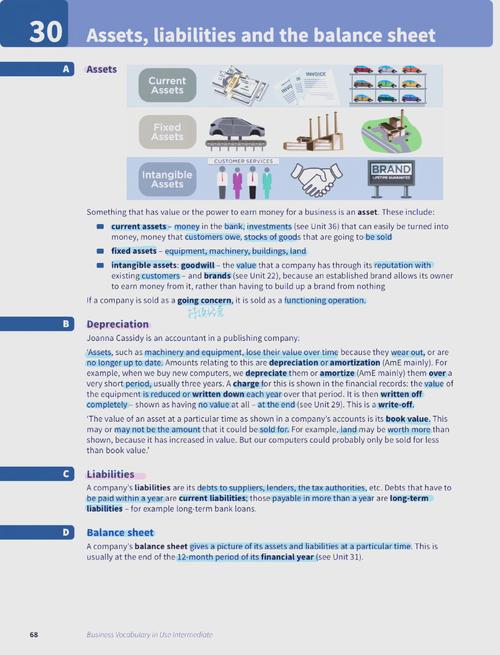Understanding the Stock Market During a Recession
Investing in the stock market can be a challenging endeavor, especially during a recession. However, with the right strategies and knowledge, you can make money even in tough economic times. In this article, we will explore various methods to help you navigate the stock market during a recession.
1. Diversify Your Portfolio
Diversification is key to managing risk in any market, but it becomes even more crucial during a recession. By spreading your investments across different sectors and asset classes, you can reduce the impact of market downturns. Consider including stocks, bonds, real estate, and other alternative investments in your portfolio.

2. Focus on Dividend Stocks
Dividend stocks can be a valuable source of income during a recession. These stocks pay regular dividends to shareholders, providing a steady stream of cash flow. Look for companies with a strong history of paying dividends and a stable business model that can withstand economic downturns.
| Company | Dividend Yield | Industry |
|---|---|---|
| Procter & Gamble | 2.5% | Consumer Goods |
| Johnson & Johnson | 2.6% | Healthcare |
| ExxonMobil | 5.2% | Energy |
3. Invest in Blue-Chip Stocks
Blue-chip stocks are shares of well-established, financially stable companies with a long history of profitability. These companies often have strong market positions and can weather economic storms better than smaller, more volatile stocks. Some popular blue-chip stocks include Apple, Microsoft, and Johnson & Johnson.
4. Look for Value Stocks
Value stocks are shares of companies that are undervalued by the market. These stocks may be trading at a lower price-to-earnings (P/E) ratio or price-to-book (P/B) ratio compared to their peers. By identifying undervalued companies, you can potentially buy their shares at a discount and profit when the market recognizes their true value.
5. Consider Sector Rotation
Sector rotation involves shifting your investments between different sectors of the economy based on their performance and outlook. During a recession, certain sectors may outperform others. For example, defensive sectors like healthcare and consumer staples tend to hold up better during economic downturns, while cyclical sectors like technology and financials may suffer more.
6. Stay Informed
Keeping up with the latest economic news and market trends is essential during a recession. By staying informed, you can make more informed investment decisions and adjust your portfolio as needed. Utilize financial news websites, market research reports, and other resources to stay up-to-date.
7. Be Patient and Disciplined
Investing during a recession requires patience and discipline. Avoid making impulsive decisions based on short-term market movements. Instead, focus on your long-term investment strategy and stay committed to your plan. Remember that market downturns are temporary, and history has shown that the stock market tends to recover over time.
8. Seek Professional Advice
If you’re unsure about making investment decisions during a recession, consider seeking advice from a financial advisor. A professional can help you assess your risk tolerance, develop a tailored investment strategy, and provide guidance on how to navigate the stock market during challenging times.
In conclusion, making money in the stock market during a recession requires a well-thought-out strategy, diversification, and a focus on value and stability. By staying informed, being patient, and seeking professional advice when needed, you can increase your chances of success in turbulent economic times.
